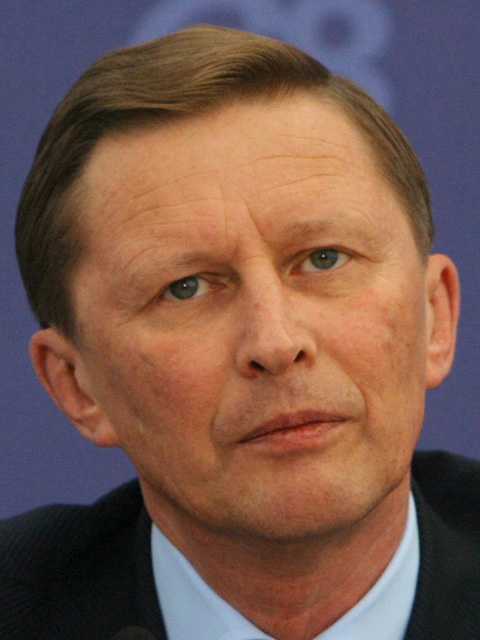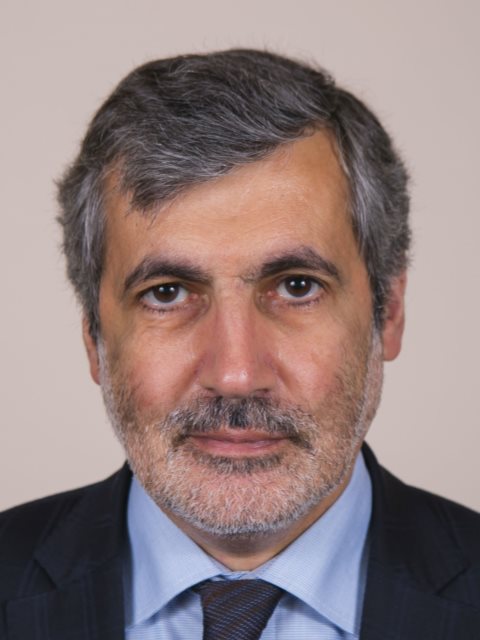Healthy Eating – Healthy Development
Every state strives for food security. It is essential not just to provide the population with food but also to ensure that food is of good quality, healthy, varied, balanced and available to all. Russia’s experience covers science-based programmes for different population groups and regions, nationwide monitoring of public nutrition and large-scale high-tech laboratory control over the products in circulation. Special attention is focused on children. The development and health of the younger generation is a public policy priority. Children must be provided with safe, quality and nutritious food during school hours, while account is also taken of climatic, national and regional specifics. To promote and maintain children’s physical and mental health and ensure that they fully understand the school curriculum, it is vital for them to be properly nourished. Three years ago, for the first time in Russian history, free hot meals were introduced for all primary school pupils. Moreover, with Russian support, healthy school food programmes are being implemented in CIS and African countries in cooperation with the UN. The food industry, for its part, is acting to promote independence from imports in production, including introduction of new technologies. For their part, schools can encourage purchase of healthy food, create short supply chains and alternative retail infrastructures. What effects and new insights do healthy eating programmes offer? What global best practices have evolved in school food today? What are the main challenges in implementing healthy school food programmes? What in science and technology today goes against healthy nutrition and promotes it? What are the role and interests of producers in boosting the quality and healthiness of food in Russia and abroad? What challenges in ensuring better food security can be overcome through international cooperation?













